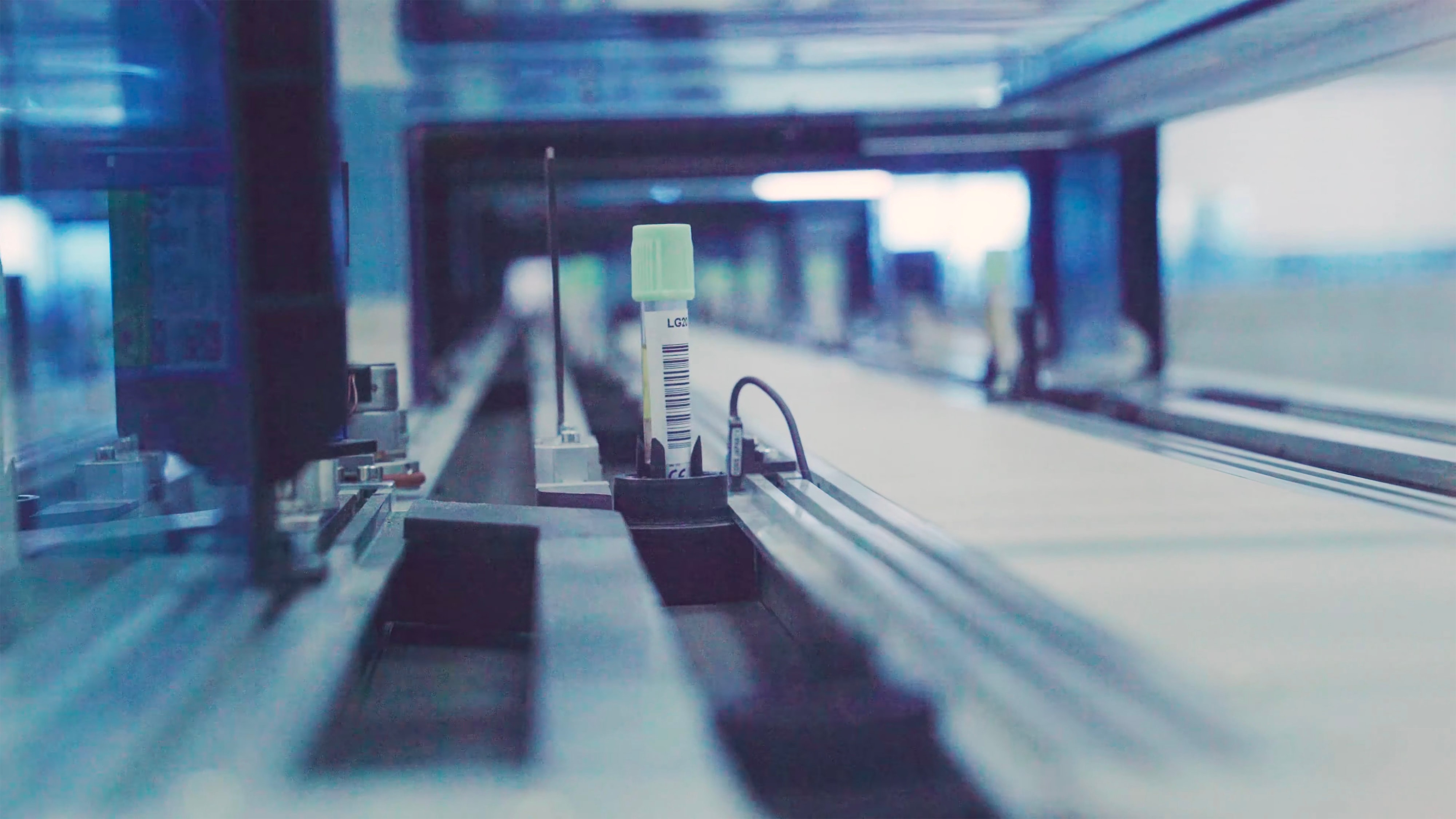How Data Analytics Can Be Used to Improve Healthcare
Data analytics is “the science of analyzing raw data to make conclusions about that data.” It is an increasingly critical part of modern-day business management, with both for-profit and non-profit organizations using data analytics to help pinpoint industry and market trends, improve their operational processes and, ultimately, make decisions that lead to better products and better services. Take a look at how data analytics is being used to improve healthcare, in particular:
Types of Data Analytics
There are four basic types of data analytics. In healthcare, the ultimate goal of each is to advance the quality of patient care (whether that’s by improving actual clinical care actions or by identifying processes that can be enhanced for healthcare cost savings).
- Descriptive Data Analytics
This type of healthcare data analytics seeks to answer the question of “What?” It reviews historical data to provide insight into healthcare trends and allows practitioners, administrators, researchers and others to track certain measures over time. By identifying ebbs and flows in key healthcare areas — such as the number of hospital admissions each month; the average value of a particular laboratory test for a population of people; or the most common signs and symptom(s) of patients treated for a certain disease — the healthcare industry as a whole can identify the patterns surrounding a specific healthcare issue or illness and/or possibly determine whether a previously expressed goal surrounding it is being met.
- Diagnostic Data Analytics
Diagnostic data analytics delves further into available historical information, shedding light on why something has happened (not just what has happened). Instead of merely describing facts, diagnostic healthcare data analytics works to establish the reason (or reasons) for a specific problem so that industry professionals can focus on subsequent research goals. For example, diagnostic healthcare analytics can be used to help clinicians figure out the characteristics of patients most likely to follow doctor instructions; why a procedure has a low success rate; why some bills go unpaid; or why some patients are readmitted to the hospital more than others. By identifying the root cause of a healthcare issue, the medical community can then work to address the problem in a productive way, earmarking time and money for future research that offers real-world solutions.
- Predictive Data Analytics
Predictive healthcare analytics improves healthcare by helping to predict future trends and patterns affecting the healthcare industry. Indeed, one of the most powerful ways predictive data analytics renders value is by calculating risk. By assigning probability to one scenario over another, those in the healthcare industry are better equipped to treat patients in meaningful (and cost-effective) ways. They can even manage the spread of diseases!
- Prescriptive Data Analytics
The last type of healthcare data analytics is called prescriptive data analytics. It is the most advanced type of data analytics and works by applying computer-generated modeling to data gathered during predictive data analysis. The goal: to highlight possible changes to current practices that could lead to better healthcare outcomes. By shifting certain variables, prescriptive data analytics is able to forecast the interventions most likely to improve the efficiency and efficacy of clinical care measures, administrative processes and more! Research shows that combining AI (artificial intelligence) technologies with human insight increases the value of data and makes success — whatever the industry — a lot more likely.
Want to Learn More?
The use of data analytics improves healthcare by providing insight into the factors affecting patient care and highlighting the processes that could be manipulated for improved outcomes. Whether you’re a medical provider, a healthcare administrator or a researcher, healthcare data analytics equips you to take better care of patients. To learn more about using healthcare data analytics to meet your healthcare goals, please contact Amitech. Our advanced data analytics solutions mean you have access to qualified data before, during and after collection, thus ensuring the most reliable results!





